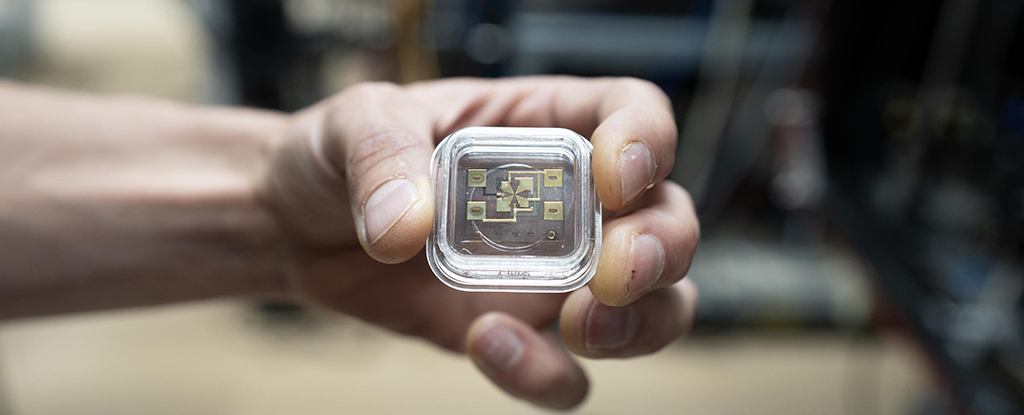
A team of researchers from the National Institute of Standards and Technology (NIST) has developed a clock that surpasses all previous timekeeping devices in accuracy. This groundbreaking clock is estimated to be 41 percent more precise than the former record holder, achieving a level of precision measured to 19 decimal places.
The clock operates by measuring the minute vibrations of a trapped aluminum ion that is cooled to near absolute zero. This meticulous method allows it to keep time with unparalleled accuracy, with a systematic uncertainty that is significantly lower than any of its predecessors. Additionally, this clock boasts a stability level that is 2.6 times greater than any other clock of its kind.
Innovative Design Driven by Quantum Physics
The design of this clock is the culmination of 20 years of research and development, heavily reliant on principles of quantum physics. Each micromovement in the environment could potentially disrupt the clock’s ticking. To counteract this, the researchers enhanced the clock’s enclosure by thickening the diamond wafer and fortifying the gold coatings of the electrodes, which are essential for stabilizing the electrical fields that govern the clock’s operation.
A crucial aspect of this clock’s functionality is the pairing of the aluminum ion with a charged magnesium atom, which serves as a ‘buddy’ ion. This pairing simplifies the control of the aluminum ion using laser light, thereby optimizing both accuracy and stability. The laser technology utilized in this project was provided by a neighboring laboratory located 3.6 kilometers (just over 2 miles) away, which has a strong reputation for precision in its own right.
The time required to collect sufficient data to measure a second down to 19 decimal places has dramatically decreased, from three weeks to just a day and a half, showcasing the efficiency of this innovative design.
Implications for Science and Future Research
Unlike traditional clocks that simply tell time, this clock serves as a reference point for timekeeping, essential for calibrating other clocks and conducting scientific experiments. Accurate time measurement is a critical benchmark in physics, influencing various fields from the search for dark matter to testing Einstein’s theory of relativity.
The researchers are optimistic about future advancements. They believe that further improvements in system stability and ion control could enhance the accuracy of atomic clocks even more. According to Willa Arthur-Dworschack, a physicist at NIST, “With this platform, we’re poised to explore new clock architectures—like scaling up the number of clock ions and even entangling them—further improving our measurement capabilities.”
This significant research effort has been documented in the journal Physical Review Letters, adding to the growing body of knowledge in precision measurement and quantum technology. As technology progresses, the potential applications of such precise timekeeping could revolutionize our understanding of the universe.







